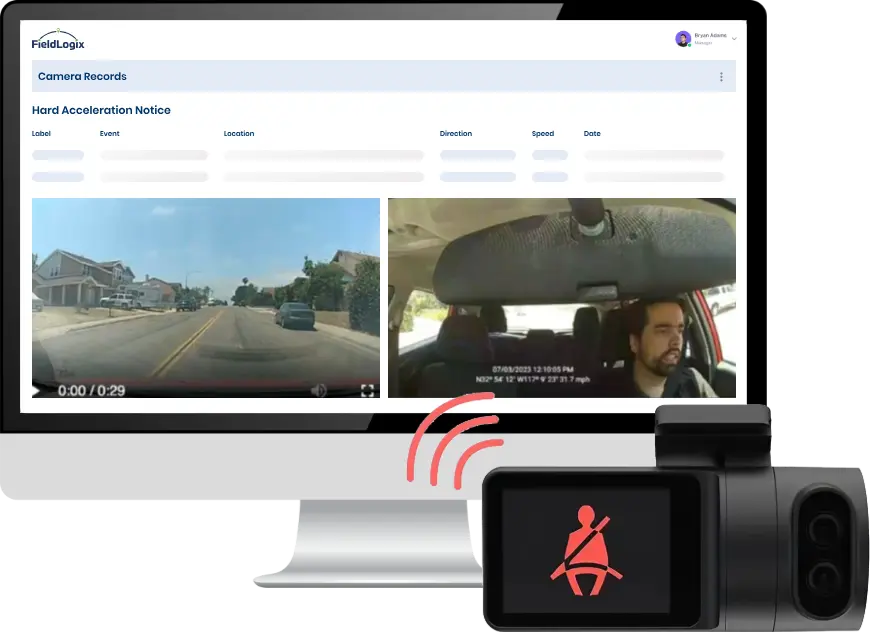Modern GPS Systems Give More than Just Directions
 GPS Navigation Systems were created in the early 1970’s by the U.S. Department of Defense for military purposes. Since then, GPS Systems have come a long way. In the past, GPS systems were expensive and difficult to use. Many people often preferred to use a paper map and hand written driving directions. But now times have changes. Modern vehicle GPS systems are easy to use, very affordable and give accurate turn-by-turn directions to drivers through computerized speech. All consumers have to do is make sure the GPS devices are charged and ready to go.
GPS Navigation Systems were created in the early 1970’s by the U.S. Department of Defense for military purposes. Since then, GPS Systems have come a long way. In the past, GPS systems were expensive and difficult to use. Many people often preferred to use a paper map and hand written driving directions. But now times have changes. Modern vehicle GPS systems are easy to use, very affordable and give accurate turn-by-turn directions to drivers through computerized speech. All consumers have to do is make sure the GPS devices are charged and ready to go.
How does a GPS System work?
GPS technology uses 24 orbiting satellites with very accurate clocks. The timing between your GPS receiver and at least three different satellites allows a distance to be measure. Then by using triangulation and distance mathematics, your location can be determined.
A GPS System can do more than just give directions: As with most technologies, the hardware has gotten smaller and better. Today GPS systems can be installed in a multitude of places. Most cell phones now have a GPS receiver built in, and even there are even GPS watches too. GPS can be used to track wildlife, pets, stolen vehicles, fleet delivery trucks and even your children! Modern GPS systems not only give you turn-by-turn directions, it can also include features such as hands-free calling, MP-3 music, Blue-tooth, 3-D street level mapping, real time traffic reports, touch screens, FM transmitters, fuel pricing and weather reports.
Optimizing your driving route with a vehicle GPS system will not only prevent you from getting lost but it will also reduce your gas expense and reduce your carbon footprint. It may not seem like a lot day to day, but over the course of a year it really adds up. The average U.S. driver using a GPS system with real-time traffic updates is able to cut nearly 4 days off of their annual commute as well as decrease their carbon footprint (vehicle CO2 and greenhouse gas emissions) by over 21%.
















